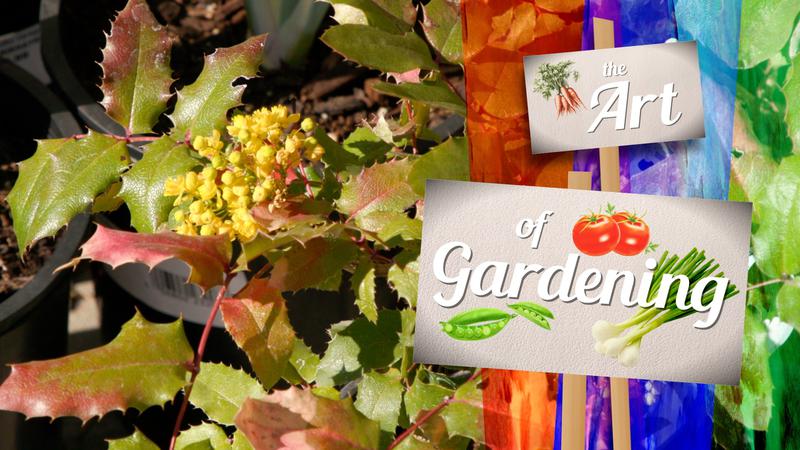
Trudeau travels to G7, NATO as Canada grapples with Islamophobia, residential schools
OTTAWA — Prime Minister Justin Trudeau leaves Canada today for a G7 summit as the country is seized by tragedy and demands for justice for Indigenous Peoples and Muslims.
Trudeau is to arrive in Cornwall, U.K., for a three-day gathering with G7 leaders and then travel to Brussels for a NATO summit, followed by a meeting between Canada and the European Union.
Ending the pandemic, recovering the global economy — including for international travel — and getting vaccines to less wealthy countries dominates the agenda for the G7.
Recently though, Canada’s economic and health responses to COVID-19 have been eclipsed by an outpouring of grief over the targeted killing of a Muslim family, and a First Nation’s discovery of what are believed to be the remains of 215 Indigenous children at a former residential school.


